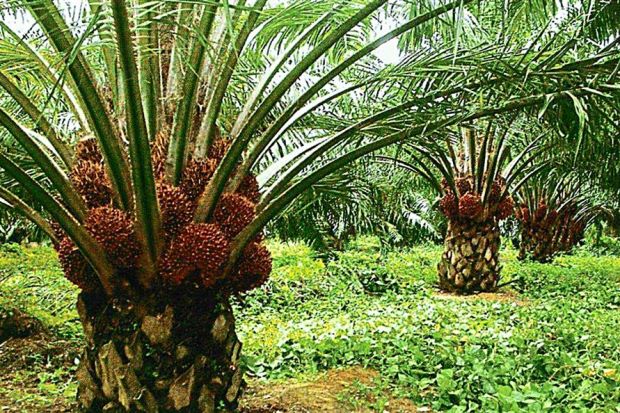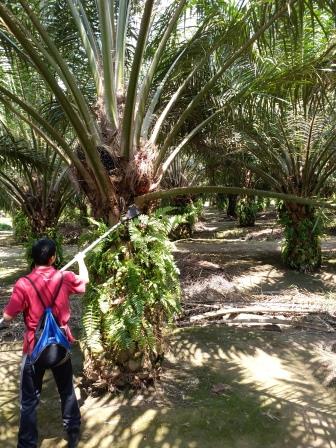FORUM ON 3-MCPD AND GE – Jakarta, 7 February 2020
Over the past few years, there are various research, industrial trials, and proven technologies on how to mitigate the formation of 3-MCPDs and GEs. There are various mitigation strategies and recommended practices being discussed and presented in seminars and conferences.
This Forum will provide a platform for sharing of information and lesson-learned on works currently being undertaken to mitigate the formation of 3-MCPD and GE throughout the supply chain industries. Participants will have the opportunity to identify the most eective and cost-ecient technologies to further reduce 3-MCPD and GE levels in various stages of palm oil production from upstream, midstream and downstream.
There will be valuable insights on various topics of discussion on the science, regulatory aspects, research & development on 3-MCPD and GE; and ensuring the palm oil quality. This Forum will also present a business matching meeting with successful technology providers that participants can engage in a one-to-one session.
A total of eight Technology Providers of international reputation will be invited to share their expertise and technologies on how to mitigate the formation of 3-MCPD and GE and to ultimately meet market requirements.
For further details, download the brochure and registration form.



